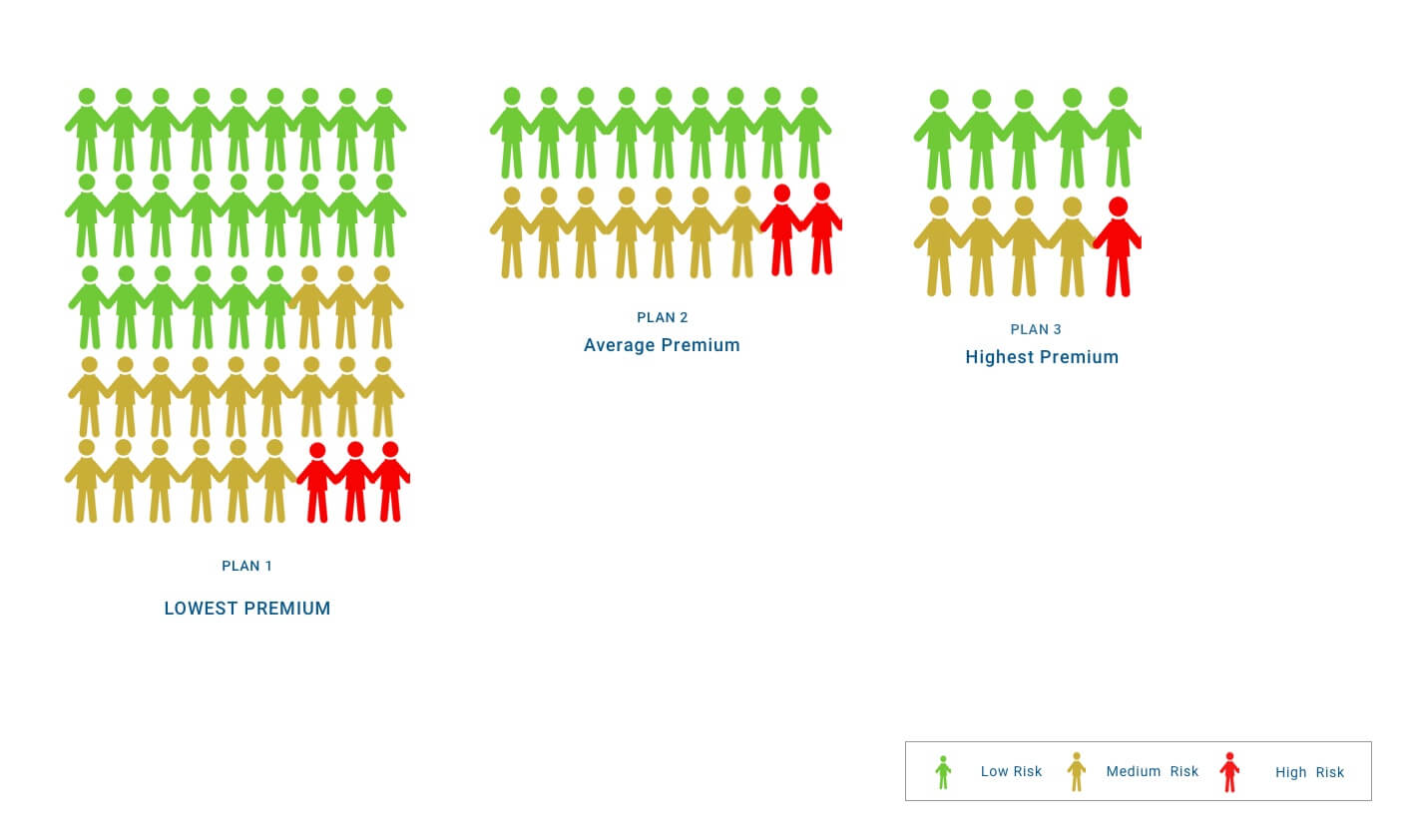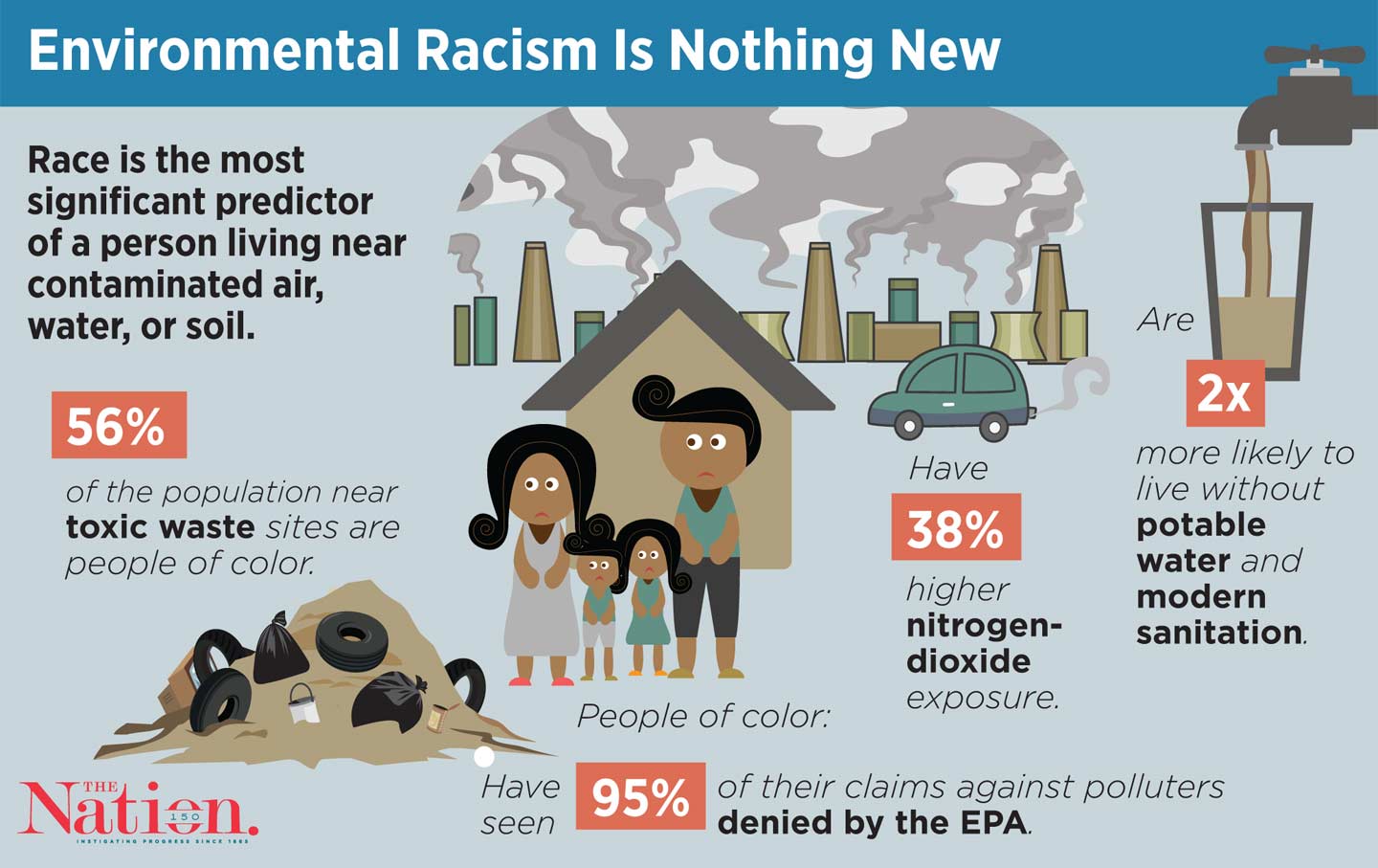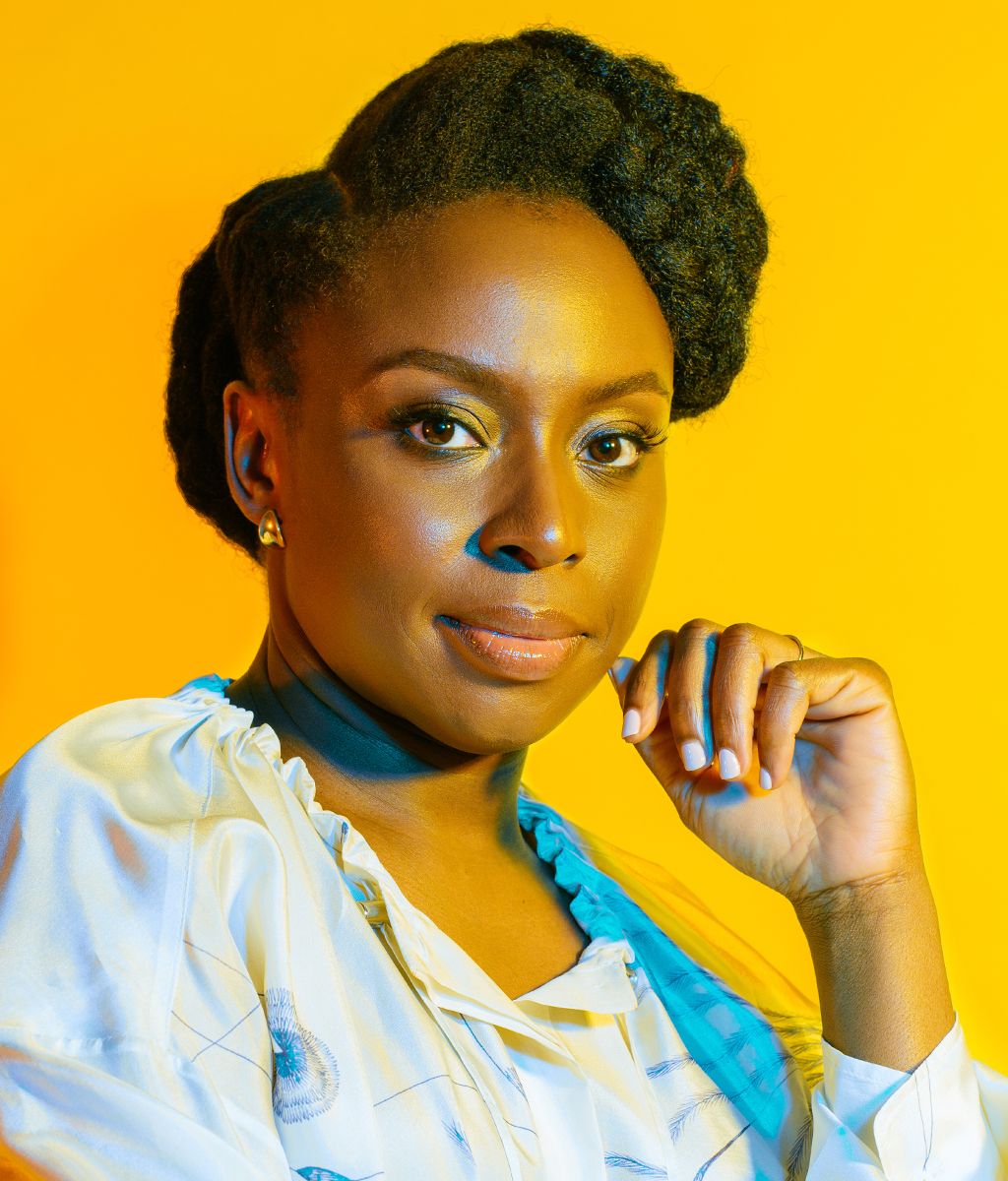By now, it is overwhelmingly apparent that the zero-sum story of
racism runs deep in our history, our institutions, and our belief
systems. It is abundantly clear that there are far-reaching,
calamitous consequences for all of us if it continues to be the
dominant narrative. And it is obviously imperative that we must
begin to make changes if we want to achieve a higher quality of life,
if we want to progress as a nation, and if we want to survive as a
species. So where do we go from here?
"For two generations now, well-meaning white people have subscribed
to color blindness in an optimistic attempt to wish away the
existence of structural racism. But when they do, they unwittingly
align themselves with, and give mainstream cover to, a powerful
movement to turn back the clock on integration and equality...
'reactionary color blindness' has become the weapon of choice for
conservatives in the courts and in politics. Racial conservatives
on the Supreme Court have used the logic to rule that it's racist
for communities to voluntarily integrate schools, because to do so,
the government would have to 'see' race to assign students.
Well-funded political groups mount campaigns to forbid the
government from collecting racial data because isn't that what a
racist would do? Instead of being blind to race, color blindness
makes people blind to racism, unwilling to acknowledge where its
effects have shaped opportunity or to use race-conscious solutions
to address it" (229-230).

Color blindness has been the frame of choice in numerous pedagogies
throughout America. But while it may be "optimistic," color
blindness, alongside "why can't we all just get along?", is a
non-solution; a denial; an out. Instead of being blind to race,
color blindness makes people blind to racism. Rather than treating
everyone equally and justly, we perpetuate the system that oppresses
people of color and claim we were unaware. As has been seen again and
again with the zero-sum story, this kind of denial disproportionately
harms Black people but causes suffering for white people as well.
Simply avoiding the realities of racism leaves people unable to
"listen deeply to unexpected ideas expressed by people from other
cultures," unwilling to examine their own biases and blindspots, and
unprepared for a diverse society. Color blindness is not the answer.
So where do we go from here?
Empathy serves as a normative ideal for a rehumanized view of the
other.... Importantly, this ideal of empathy is not achieved in an
intense moment of sympathy, but in living together and genuinely
attending to another's perspective over time. Such an understanding
seems to be the basis of genuine social cooperation.
Jodi Halpern and Harvey M. Weinstein - Rehumanizing the Other: Empathy and Reconciliation
The answer lies in empathy, or what McGhee calls the Solidarity
Dividend: when people come together across boundaries of race, class,
and age to change the dominant narrative of society from a zero sum
to a positive sum. She gives the example of a multiracial coalition
starting in a town in Maine:
"Maine has experienced a Solidarity Dividend. Rejecting the
scapegoating politics that enabled a right-wing government to
deny healthcare and creating new political alliances between workers
of all backgrounds resulted in sixty thousand Mainers winning
access to healthcare. These same organizers and volunteers helped
elect a wave of new politicians the following year, who passed
reforms to address the opioid epidemic and guarantee a generous
paid-time-off law for Maine workers. The next frontier of
cross-racial coalition building, though, is for white people not
just to stop voting against their own interests, but to vote for the
interests of people of color, too, on issues of racial justice" (269).
Bobbie Harro came to the same conclusion.
When groups begin to empower themselves—by learning more about
each other, by unlearning old myths and stereotypes, by challenging
the status quo—we make the difficult decision to interrupt the
cycle of socialization. We begin to question the givens, the
assumptions of the society, the norms, the values, the rules, the
roles, and even the structures. As we attempt this, it becomes
obvious that we cannot do it alone. We must build coalitions with
people who are like us and people who are different from us. We will
not be the minority if we work in coalitions. We will gain the
necessary vision and power to reconstruct new rules that truly are
equal, roles that complement each other instead of competing,
assumptions that value all groups instead of ascribing value to
some and devaluing others, and structures that promote cooperation
and shared power instead of power over each other.
Bobbie Harro - The Cycle of Socialization
Change needs to happen at every level of American society, but it
starts in communities. It starts in multiracial cooperatives that
traverse boundaries and identities. It starts with unlearning the
zero-sum story that Black people cannot survive and thrive without
costing white people and replacing it with a story of empathy, of
human connection, of finding the Third, of coalitions, of justice.
Only then can we truly live up to the ideals we aspire towards as
a nation.








